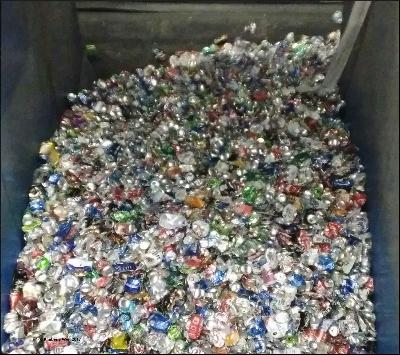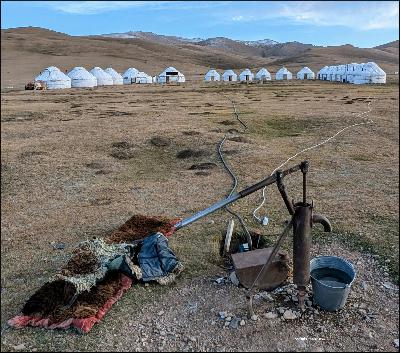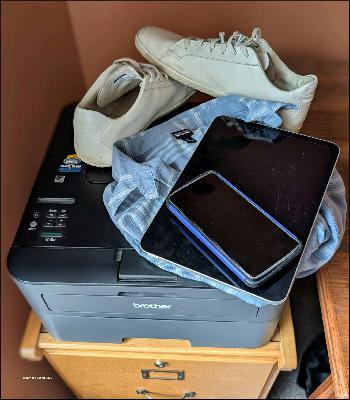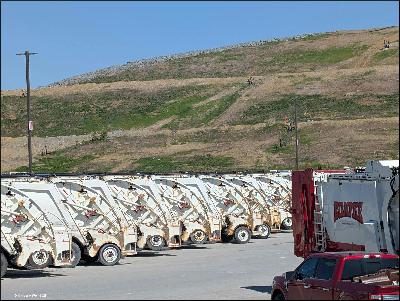Disposable Planet: The True Cost of Convenience
Description
The 5-Year Anniversary of the Coronavirus lockdown prompted consideration of the single-use disposable packaging situation. Convenience for the consumer and lower costs for the manufacturer backed us into an ecological hole. Focusing on the food industry, Jorden and Kimberly discuss the shift from a much more sustainable system of reuse to one of discard.
From Kraft Singles and Lunchables, fast food and junk food, coffee runs and booze bombs, consumers are spoiled by modern conveniences. But the trade-off for eating on the run is heaps and tons of petroleum-based, disposable packaging. Despite the shocking statistics for single-use wrappers and containers, cups and lids, straws and stirrers, convenience is king. A variety of innovative biobased packaging solutions offer hope, but require supply chain changes that may prove too unappealing to MNCs without government dictates.
Key Topics Jorden and Kimberly discuss include:
- How we became a ‘throw-away’ culture
- Why convenience dictates packaging
- Why the only sustainable way forward is to integrate alternative packaging
- Why integrating alternative packaging is an uphill battle, despite the multitude of benefits of biobased packaging
- What fast-food companies are doing to reduce single-use packaging
- Yet more ways that travel is a nightmare for the environment
- What we can do to reduce our dependence without giving up convenience
Recommended Resources
- Susan Freinkel’s Plastic:
A Toxic Love Story- Dated, but still worth the read- A little history of disposables and a longer one
- Some fast food company packaging waste reduction strategies
- Kimberly’s Substack newsletter post
























